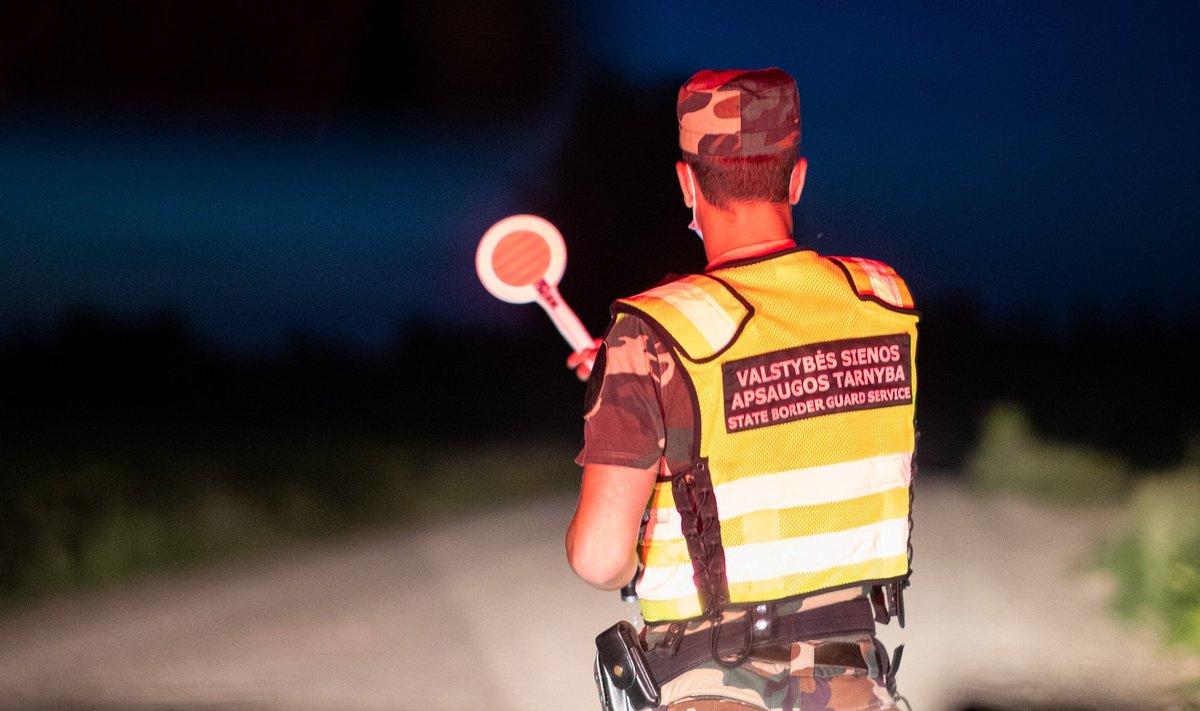The document, which will take effect on Wednesday, instructs the authorities protecting or helping to protect Lithuania's border with Belarus to ensure that persons would cross the EU's external land border only through border checkpoints.
Those attempting to cross the frontier elsewhere must not be allowed to enter Lithuania's territory and have to be directed to the nearest operating international border control point.
Under the decision, deterrence measures defined by law have to be used against persons resisting officers' legitimate demands. The articles on the state border and its protection, cited in Bilotaite's decision, speak about the use of mental and physical force.
Under the law, force can be used against persons resisting officers' demands or instructions to make them comply, as well as during the detention of persons, if they resist, to prevent criminal acts or administrative offences.
Laurynas Kasciunas, chairman of the parliamentary Committee on National Security and Defense, told BNS on Tuesday the principle of proportionality applies to the use of such measures.
"The behavior of illegal migrants has to be taken into account. Whether they comply with the demands or don’t, and whether there is any resistance or not. That will determine the measures used by officers," the lawmaker said, adding that such measures could have been employed earlier.
They are now unavoidable, Kasciunas said. "Better later than never," he added.
"First, our absorption capacity is limited. In other words, what we see in the camps, stronger measures are already needed to be used. Second. I think Lukashenko's hints about armed jihadists and that such people might cross Lithuania, is also one of the factors to employ such measures," Kasciunas said.
In his words, illegal migrants crossing into Lithuania from Belarus are part of the Lukashenko regime's hybrid pressure, therefore, the response must be more flexible.
Former Interior Minister and now opposition leader Saulius Skvernelis told BNS such measures could have been employed earlier when the initial spike in the numbers of incoming illegal migrants was recorded.
"The question is why it was not done earlier," he said.
A record-high number of illegal migrants, over 4,000, have illegally entered Lithuania from Belarus so far this year, with Lithuanian officials calling the influx of illegal migrants the Belarusian regime's hybrid aggression against Lithuania.
A state-level extreme situation is now in place in Lithuania.
